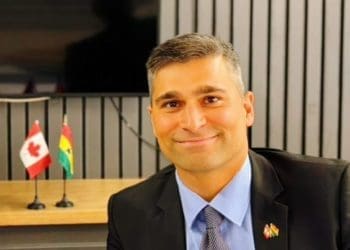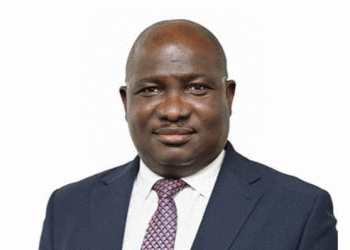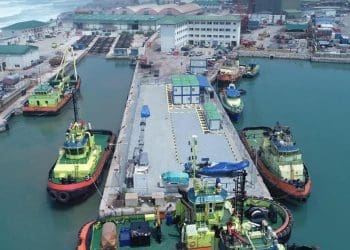AfroQuality, a newly established pan-African retail and distribution platform, has formally announced the commencement of operations across three African countries, namely, Ghana, Rwanda, and Kenya.
The company aims to establish a robust multi-country supply system designed to accelerate continental and global expansion for African brands currently constrained by fragmented distribution channels.
This launch is a direct response to a major commercial impediment on the continent: the lack of infrastructure, preventing African artisans, designers, and manufacturers from effectively accessing the African market, which is projected to exceed $2.1 trillion by 2030, according to the World Bank.
With the fashion and lifestyle markets expected to carve out about $150–200 billion of that 2.1 trillion market, AfroQuality’s goal is to close this commercial gap by integrating physical concept stores in its three inaugural cities with a comprehensive technology platform that manages product verification, logistics, and cross-border commerce.
This is intended to lay the necessary infrastructure, which the company refers to as “distribution rails,” for African-made products to move seamlessly across the continent.
“This is more than retail. It’s infrastructure,” stated Saint Hilary Doe-Tamakloe, Founder and Director of AfroQuality.
“We are building the rails that will allow African brands to scale. Every product we place on those rails represents jobs, dignity, and the potential of African trade,” she said.
The company is rolling out its expansion with fashion and lifestyle goods, with a phased plan to extend its infrastructure to support premium categories, including homeware, design, and wellness segments.
The platform’s launch is seen as a tangible private sector effort to operationalise the vision of the African Continental Free Trade Area (AfCFTA).
By solving critical logistical barriers, AfroQuality hopes to contribute directly to the goals of continental integration and the enhancement of intra-African commerce.
The company has set an ambitious expansion target: establishing a retail and logistics footprint in at least 15 African cities and 5 global diaspora hubs by 2030.













